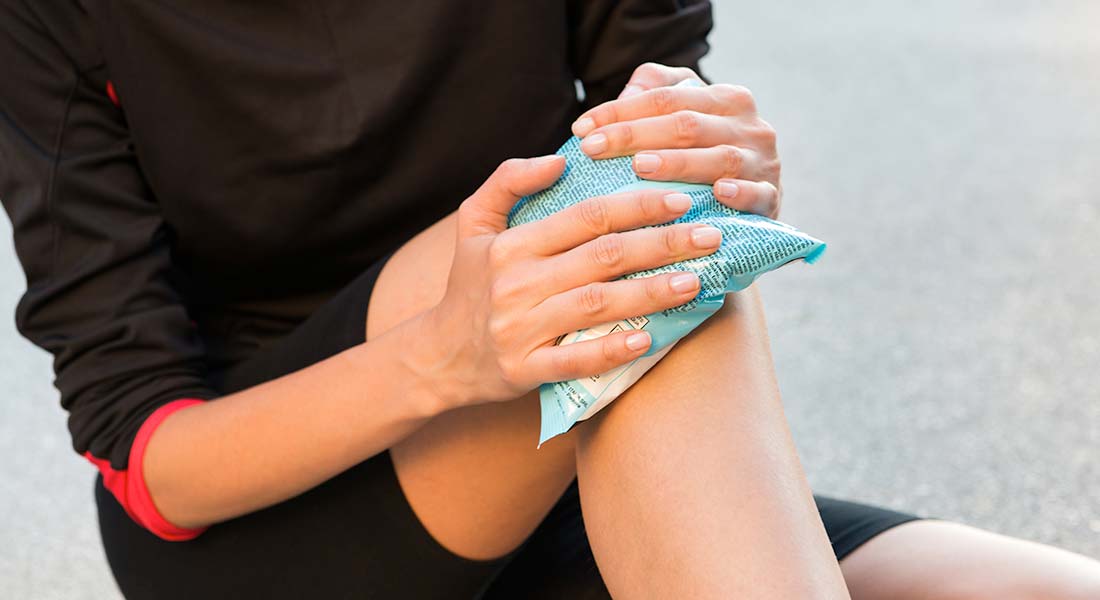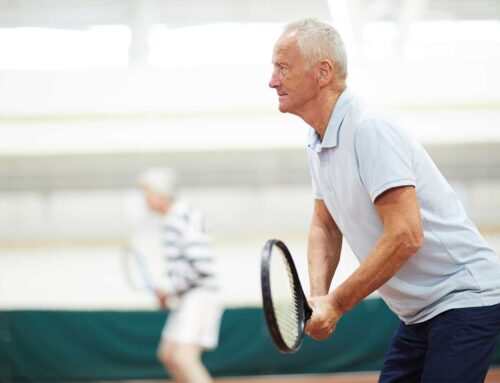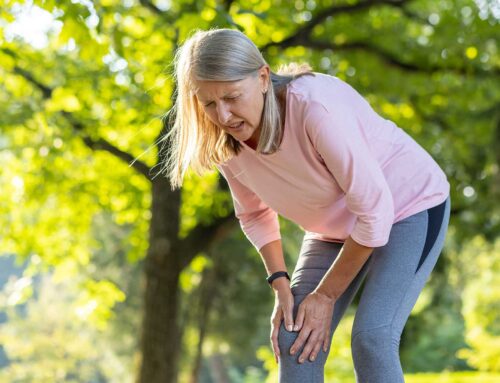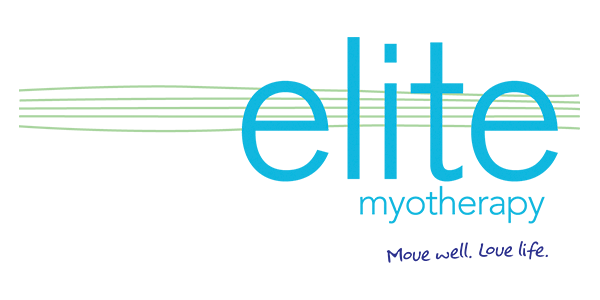Prevention of injury is important for all athletes to reach their full genetic potential. Injury is an obstacle that slows training progress and preparation for competition. Sports injuries can be demotivating and have an impact on an athlete’s mental health.
The evolution of the science behind physical preparation and recovery has led to athletes becoming faster, stronger and more competitive. It is because of these advancements that it is even more critical to prevent injury today.
The following principles for reducing sports injuries apply not only to elite sports people; but also to the majority of the population that undertake a sport or exercise for the improvement of health. Preventing injury is also relevant for sub-elite athletes to continue in their sport (or activity) and to continue to enjoy the health benefits these bring.
5 Principles to Prevent Sports Injury
1) Prepare to Compete
Spend time warming up
Warming up on match day and for training is crucial to prepare your body for the rigours of intense athletic pursuits. A warmup might include stretching, low intensity movement preparation and sports massage.
Be fit for your sport
Prepare your body and the mental side for the demands of your sport. This will include undertaking a physical preparation program with strength training, balance and conditioning training.
2) Choose the Right Equipment
Having the wrong equipment might be as simple as having poor fitting shoes or football boots. Surprisingly many sports injuries are caused with athletes using the wrong equipment.
3) Stay Hydrated
Being properly hydrated can help to prevent muscle cramps and damage to ligaments, muscles and tendons. Adjusting your intake of fluids based on temperature, intensity of exercise and duration is vital to ensure you remain hydrated.
Dehydration can also cause a loss of concentration; which can lead to injury in certain sports involving speed or physical contact.
4) Be Aware of Over Training
Know what your physical capacity to train is – because if you do too much it can be dangerous. Listen to what your body is telling you. Be prepared to de-load your training or rest when required. Over-training can cause injury and loss of performance.
There are many symptoms of over-training; including higher resting heart rates, irritability, excessive muscular soreness and fatigue.
5) Recovery is Crucial
Your body is your tool. You can train hard, but recovery is as important as training and preparation.
Implementing the right recovery strategies will allow your body to return to training and competition at a greater intensity.
There are many scientific strategies you can employ to increase your recover from sport and training. Simple strategies such as hot and cold baths and glucose consumption post sport are easy to implement yet are effective to assist recovery.
Myotherapy techniques using massage and dry needling and powerful for speeding up recovery from sport and training. Massage post game will usually be light and have the goal of assisting with lactate removal and enhancing blood flow to the muscles.
Massage away from the competition arena will enhance recovery by reducing tightness and stiffness in the muscles. Specifically, deactivating triggers points will assist the body to restore mobility and efficient movement for training and competition.
The best defense against sports injuries is good preparation. Listen to your body and reach the excellence you are striving to achieve.
Source; YouTube How to Prevent Sports Injuries







